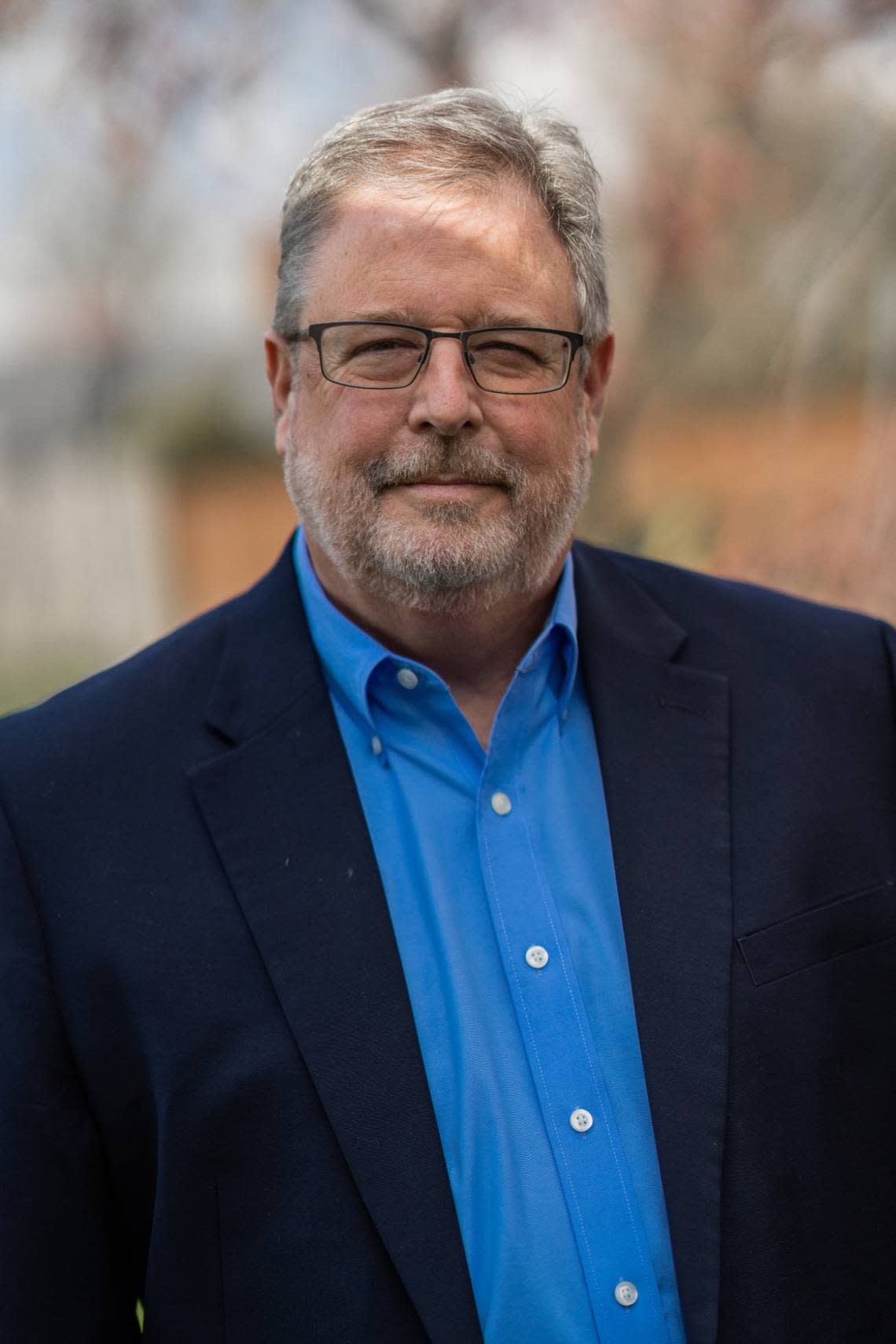Want to cut crime in WA and hire more cops? There’s a way — but it won’t be easy | Opinion

Last month the ACLU filed suit against King County over conditions in its downtown Seattle jail, alleging that chronic understaffing has created unsafe conditions for inmates. This is the most dramatic example yet of the crisis in our county-run criminal justice system.
Jails, courts, prosecutors, public defenders and sheriff’s departments are all underfunded and understaffed, in large part due to limitations on county revenues. When you don’t have enough cops, prosecutors and corrections officers, it is difficult to keep communities safe.
Unfortunately, it is unclear if the legislature will address this crisis.
Everywhere you look our criminal justice system is coming apart at the seams. Every public safety decision is discretionary and driven by available resources. A cop can choose to arrest you, or not. The county prosecutor can choose to charge a felony, or plead it down to a misdemeanor. Counties decide how many jail cells they will make available. When resources are limited, non-violent crimes go unaddressed, jails become unsafe and our courts become massively backlogged.
Some of this is due to the general labor shortage coming out of the COVID pandemic, but the King County jail has been forced to use huge amounts of mandatory overtime for many years as a result of understaffing. A Pierce County study showed dramatic understaffing in the Sheriff’s department in 2016. Spokane county went through budget cuts to public safety well before the pandemic. The crisis in public safety funding is long-standing and statewide.
When discussing the cause of the problem and the possible solution things get complicated — and contentious. Here’s a brief primer:
Counties pay for and deliver most public safety services using their general funds, which are primarily funded by property taxes. The vast majority of county general fund spending goes to criminal justice. In 2007, after a public vote in 2001, the legislature capped the growth of the non-voted general fund portion of the property tax to 1% growth per year, meaning that unless there is a vote of the people, county general fund property tax revenue — not your individual tax bill — can only rise by 1% per year, far less than the rate of inflation. Even if property values go up, the revenue a county can collect is capped. Over time, this cap has caused the stress counties are feeling in their criminal justice budgets.
This year the legislature has been considering House Bill 1670, which would raise the revenue cap back to the rate of inflation and the rate of population increase with a maximum cap of 3% growth, essentially restoring the revenue cap to where it was before 2007. But the bill is struggling to remain alive, having missed a key legislative deadline.
Raising property taxes is never popular, so it’s not surprising that HB 1670 is on life support. Still, the legislature needs to do something — anything! — to help counties fund public safety. Counties are currently suing the state over the state’s refusal to fund public defender services. Taking that burden off the backs of county governments would free up funds for jails, police, prosecutors and courts. But again, the legislature seems unwilling to do this.
On this issue and so many others, including our continued reliance on local education levies, what Washington really needs is a grand bargain. We need a governor to bring together business and labor, liberals and conservatives, and all major state stakeholders to negotiate a major overhaul of state government and our tax structure. Doing this will be politically impossible unless it is part of a broad compromise.
Among states, Washington has an above-average tax burden, and yet many basic services are structurally underfunded. And our sales tax-reliant system is the most regressive in the nation. The less you make, the more you pay as a percentage of your income. We need to wipe the slate clean and design a tax and governance system that is fairer, and results in stable, adequate funding for basic services like education and county governments.
Unfortunately, nothing that forward thinking is before the legislature this year, but — in the long term — doing nothing is not an option.
As Pierce County Executive Bruce Dammeier has said, “We’ve got an epidemic of lawlessness ravaging our communities.”
State leaders must step up and do something to help counties keep us safe.
Chris Vance is a former Republican state legislator, King County Council member and State Party Chairman who left the GOP in 2017 and is now a member of the moderate Forward Party. Full disclosure: Vance works for the King County Department of Assessments as the Communications and External Relations Manager.


